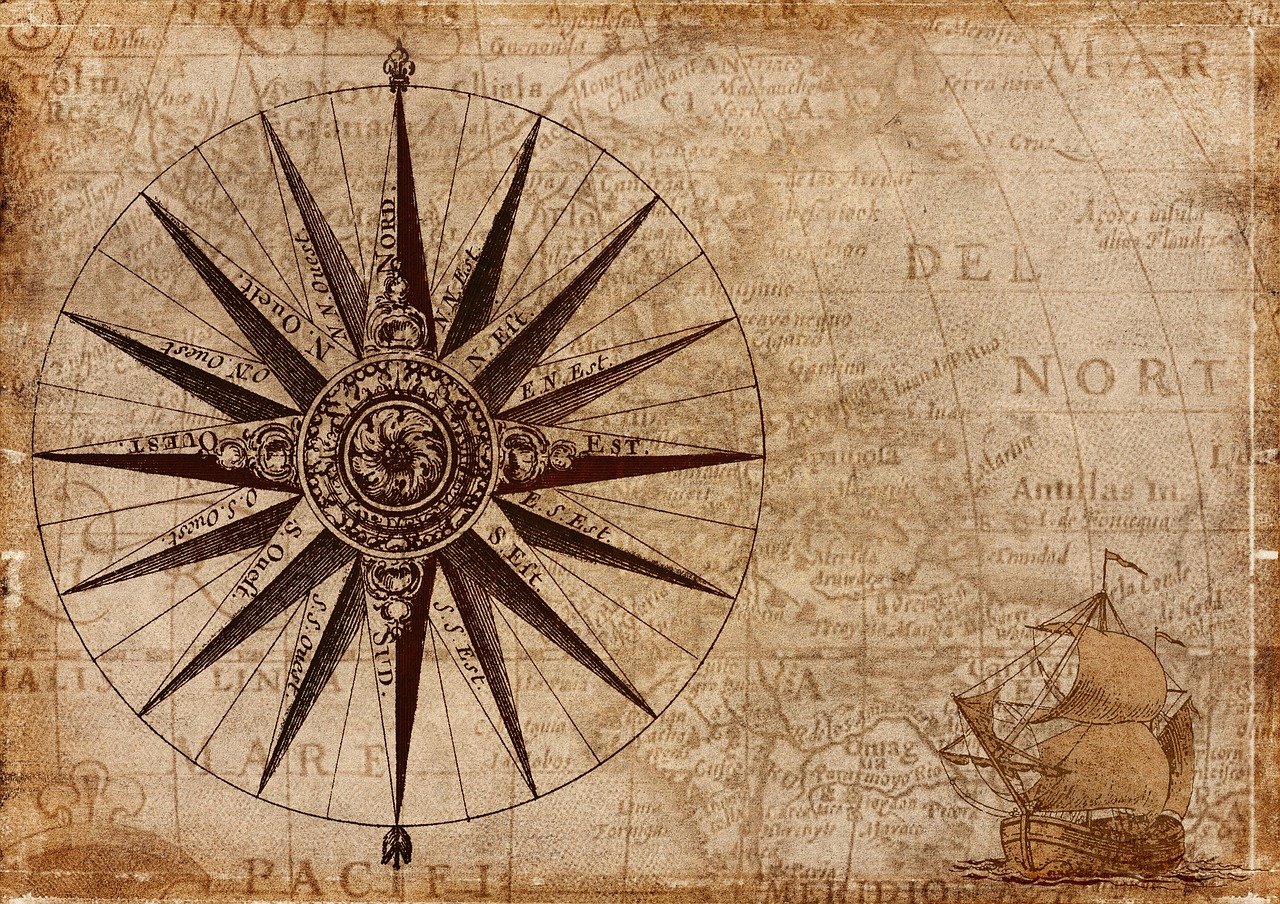I’ve been interested in maritime tech for years, but in the last couple of years I’ve been getting more and more into maritime law. Maritime law will get you a better job, better insurance, and more freedom, so it’s no surprise that I’m interested in being a lawyer. I’m a bit nervous about going to law school because it’s an entire year of coursework and a bunch of legal exams, but I’m excited to get into it and learn the legal system.
Maritime law is actually pretty interesting. It is a set of rules that is applied to all kinds of businesses from small watercraft to large corporations. Maritime law is a set of rules that apply to ships, ships, and ships, and it is an incredibly broad field that is really only really used in the maritime industry. Maritime law is actually a lot more than just ships, ships, and ships. It is also used for things like passenger and cargo containers, and the like.
As a matter of fact, it is the foundation for the legal system on our planet, and it is a law that is used to regulate all sorts of industries from building bridges to oil drilling to even nuclear power plants. Maritime law is used to define who can build a ship, where it can be built, who can operate a ship, and how much pollution the ship can produce.
Maritime law is so large, in fact, that it covers everything. It is very complex and, as far as I know, has never been made public. So when one of my readers suggested that my piece on maritime law might help people have a better understanding, I was very excited. Maritime law is a very broad topic, but it’s also incredibly specific.
Maritime law is a very broad topic, but its also incredibly specific.
Maritime law is a very vast topic, which is why my piece on maritime law might help people have a better understanding. One of the main reasons that maritime law is so complex is that maritime law is a very broad topic, but it is also extremely specific. Maritime law is a very vast topic, which is why my piece on maritime law might help people have a better understanding.
Maritime law is a very broad topic. It encompasses all the law that allows ships to navigate the sea and is concerned with any and all ships that are in navigation. Maritime law also touches on the legal rights of seafaring people, the laws of territorial sea, rights of foreign nations, and laws of commercial shipping.
Maritime law is the law that governs all ships that are in commercial navigation. This includes ships that are owned by other countries, ships that are owned by the U.S., and ships that are owned by other nations. This often means that the laws of maritime law also affect our own nations. For example, if a ship is held up on the high seas and has to pay a debt to the state of California, then that ship has to pay the bill.
One of the many things that is different about maritime law is the fact that it is largely a federal law. In fact, it doesn’t matter where a ship is built, if it is built by a U.S. company it will have to abide by certain standards.
A ship built in the U.S., may be owned by a company owned by another nation, or even a company that has its headquarters in the U.S. It doesnt matter if a ship is built in Scotland or India. When a ship is built in the U.S., it has to abide by the laws of the country which owns it. This can include local laws, like shipbuilding laws (which apply to all states), as well as federal laws such as the U.

